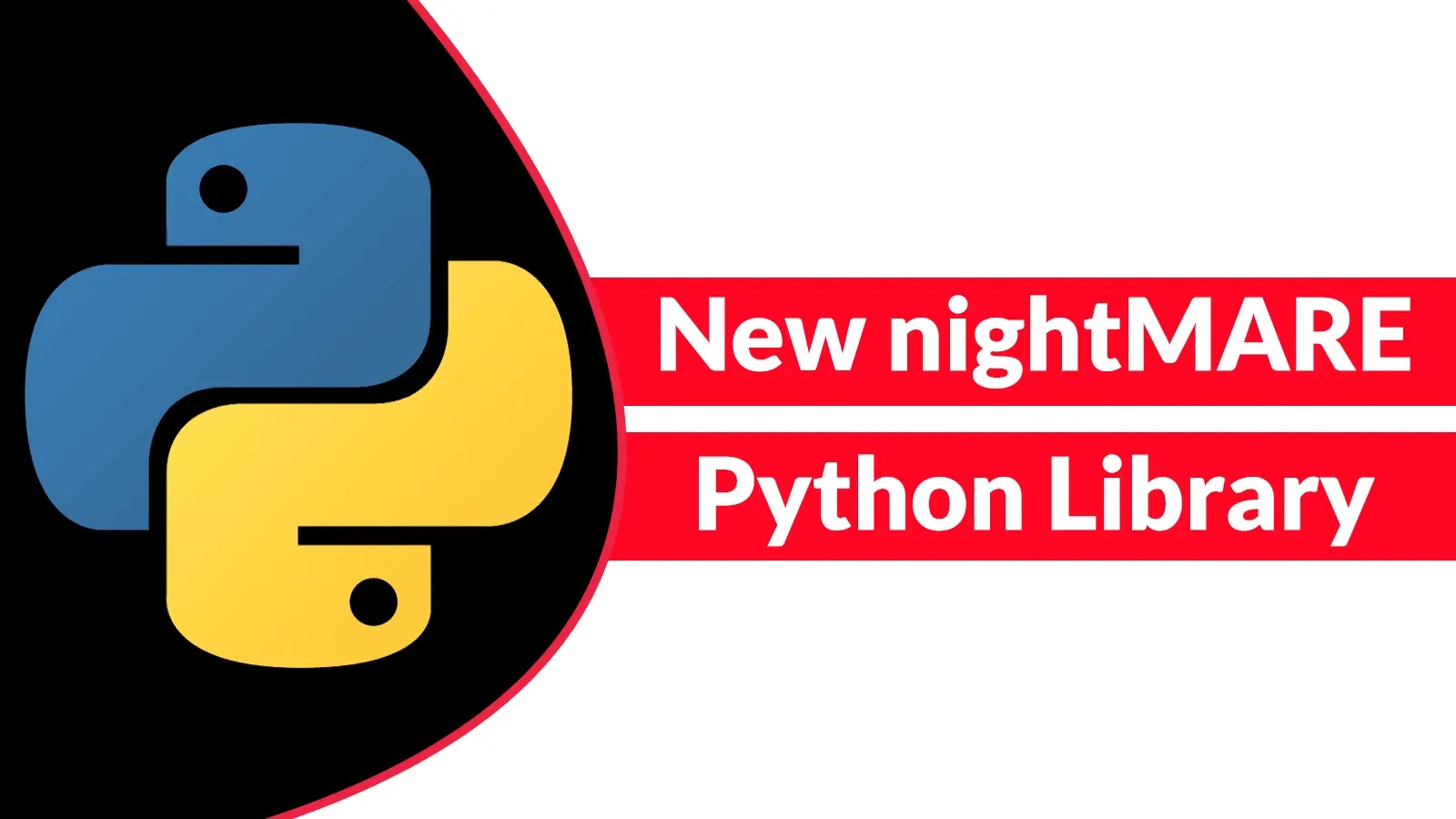In October 2025, Elastic Security Labs unveiled nightMARE version 0.16, a robust Python library designed to enhance malware analysis and reverse engineering processes. This open-source tool consolidates various analysis capabilities into a unified framework, enabling security researchers to efficiently extract configuration data and intelligence indicators from a wide array of malware families.
Addressing the Need for Unified Analysis Tools
The development of nightMARE was driven by the necessity to reduce code redundancy and streamline analysis workflows within Elastic’s internal tools. Prior to nightMARE, analysts often relied on a combination of disparate tools, leading to fragile dependency chains and inconsistent abstractions. By integrating mature open-source reverse engineering components into a single Python API, nightMARE offers a cohesive solution that simplifies the analysis process.
Core Features and Architecture
nightMARE is structured into three primary modules:
1. Analysis Module: This module leverages Rizin, an open-source reverse engineering framework, to provide capabilities such as disassembly, hex-pattern searches, and function enumeration. Rizin’s integration via the rz-pipe module allows for seamless interaction with Python, facilitating tasks like programmatic disassembly and pattern recognition with minimal setup.
2. Core Module: It offers utilities for bitwise operations, regex-based extraction, and data casting, serving as the foundational layer for various analysis tasks.
3. Malware Module: This module includes family-specific extractors for a range of malware, including Smokeloader, LUMMA, Remcos, Latrodectus, Stealc, GhostPulse, and RedLineStealer. These extractors demonstrate practical applications of the API and can be extended to accommodate emerging threats.
Emulation Capabilities for Dynamic Analysis
A standout feature of nightMARE is its lightweight emulation system, powered by the Unicorn Engine. This system allows analysts to execute code within a controlled environment without the need for full operating system emulation. Key functionalities include:
– Emulating short function sequences
– Manipulating stacks
– Intercepting API calls via Import Address Table (IAT) hooks
– Simulating cryptographic operations
For instance, in analyzing the LUMMA Stealer malware, nightMARE’s emulation capabilities enable the interception of Windows API calls like `Sleep`. By hooking into this function, analysts can bypass timing obfuscation techniques employed by the malware, facilitating uninterrupted code execution and efficient tracing of execution paths.
Case Study: Extracting C2 Configurations from LUMMA Stealer
The practical application of nightMARE is exemplified in the extraction of command-and-control (C2) configurations from the LUMMA Stealer malware. Utilizing both static analysis and emulation modules, the framework automates the decryption process of obfuscated network domains. The steps include:
1. Identifying Encryption Keys: Locating the keys used by the malware to encrypt its C2 configurations.
2. Locating Decryption Functions: Pinpointing the specific functions responsible for decrypting the C2 data.
3. Emulating Decryption Routines: Using nightMARE’s emulation capabilities to execute the malware’s custom ChaCha20 decryption routine within a controlled environment.
Upon execution, the script reveals decrypted C2 endpoints, such as `mocadia[.]com` and `mastwin[.]in`, showcasing nightMARE’s ability to bridge the gap between reverse engineering and threat intelligence.
Community Collaboration and Future Development
Elastic Security Labs encourages open collaboration through nightMARE’s GitHub repository, inviting practitioners to extend existing modules or develop new ones to address emerging threats. By open-sourcing this library, Elastic aims to contribute to the collective defense against cyber threats, providing a stable foundation for both seasoned and novice reverse engineers.
As nightMARE continues to evolve, future developments may include:
– Enhanced emulation support for additional API hooks
– Improved pattern-matching accuracy
– Refinement of malware module templates
These advancements aim to further democratize high-level malware analysis, transforming complex reverse engineering workflows into reproducible, Python-driven intelligence pipelines.
Conclusion
nightMARE represents a significant milestone in the field of malware analysis, offering a comprehensive and modular framework that simplifies and accelerates the extraction of threat intelligence. By integrating powerful tools like Rizin and the Unicorn Engine into a unified Python library, nightMARE empowers analysts to perform consistent, scriptable extractions across evolving malware variants, ultimately enhancing the efficiency and effectiveness of cybersecurity operations.



